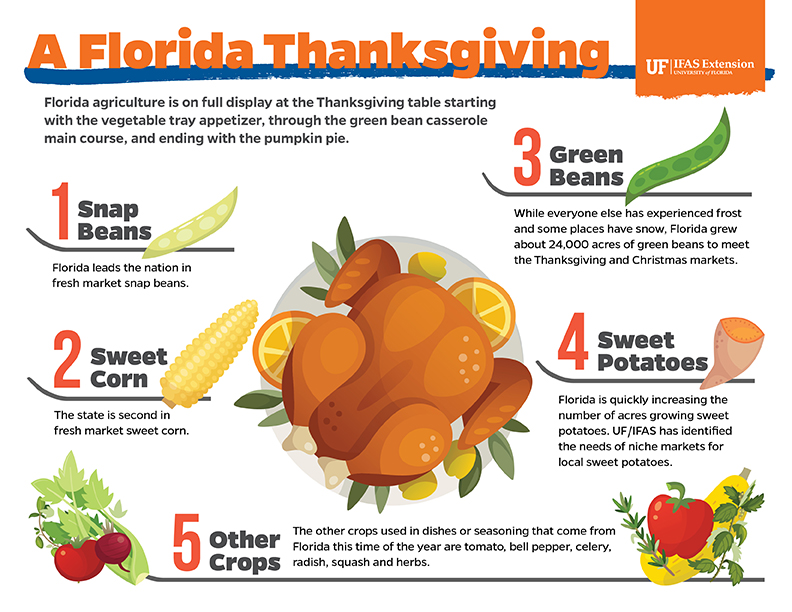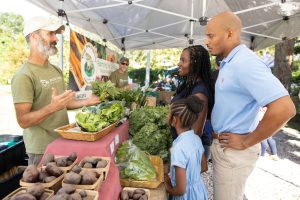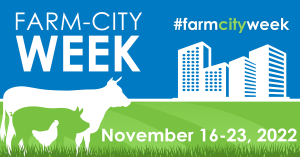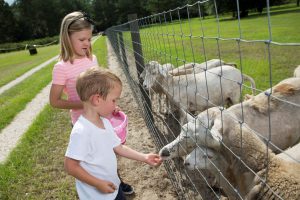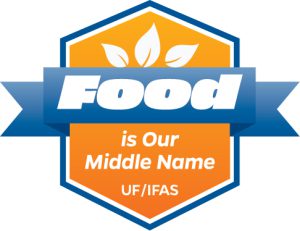This Thanksgiving Day, families and friends across the country will gather to show gratitude for our good fortune by sitting down together over a meal. Not just any meal, but a proper feast, with multiple courses, side dishes, appetizers and desserts. We tend to go all out, because Thanksgiving is a celebration of the bounty we are blessed with in this country. But that bounty doesn’t happen by providence alone, and it isn’t harvested directly from the grocery store.
That’s why I’ve always found it curious that we don’t thank farmers more on Thanksgiving.
After all, it’s an agrarian holiday; it began as a celebration of the year’s successful harvest. Everything about Thanksgiving—the food we eat, the clothes we wear, even the dinner table itself—comes to us from agriculture.
Farmers are also a big part of what keeps Florida’s economy humming. Agriculture, natural resources, and food industries contribute $149 billion to the state’s economy and support 2.4 million full-time and part-time jobs. Farming is hard work, and it’s not for the faint of heart; farmers’ livelihoods are impacted by inflation, pests and diseases, freezes, hurricanes, labor shortages, and global competition.
So this Thanksgiving, why not thank our farmers? There are many ways you can even do this in person:
Visit your local farmers market. This is a great way to have a family outing, meet local farmers and find the freshest ingredients for your holiday feast. Farmers markets at this time of year are festive places where you can enjoy entertainment, free samples, and fresh-from-the-farm seasonal produce like snap beans, squash, sweet corn, dairy, citrus, honey, and other holiday ingredients grown by farmers in your area. You can find a list of community farmers markets at Fresh from Florida: https://www.fdacs.gov/Consumer-Resources/Buy-Fresh-From-Florida/Community-Farmers-Markets
Celebrate Farm-City Week November 16-23. Every year during the week leading up to Thanksgiving, communities throughout the country celebrate the rural and urban partnerships that make our food safe and abundant. The Florida Farm Bureau sponsors events in many counties, including educational demonstrations, farm tours, luncheons, banquets, farm family recognitions, social media campaigns and student essay and poster contests. It’s the perfect time to learn about growers in your area and show your appreciation for their work. You can find Farm-City Week events in your community by contacting your local Farm Bureau office: https://www.floridafarmbureau.org/county-farm-bureaus.
Explore Agritourism. If you’re looking for something to do after Thanksgiving that’s more relaxing than a movie or a Black Friday sale, consider rounding up the family for a weekend drive to a local agritourism business. Many Florida farms, ranches, and vineyards open their doors to visitors for special events, U-pick farms, tours, hayrides, holiday lights, and retail shops where you can buy gifts. The Florida Agritourism Association has a mobile app you can download to find agritourism sites in your area.
Learn more about food and agriculture. Florida’s agriculture is unique in its diversity, with over 300 commodities grown in our state, including fruit and vegetable crops, livestock, horticulture, renewable energy, aquaculture and forestry. To get a better understanding of where your food comes from, how it gets there, and how it impacts your life, visit UF/IFAS Extension online or at our offices in each of Florida’s 67 counties.
At UF/IFAS Extension, we act as the personal connection between the University of Florida, the nation’s #1 research institution for agricultural and natural resources, and our local farmers. We bring new knowledge, technology and best management practices to improve crop production, conserve water and sustainably grow the food that we enjoy on Thanksgiving and all year round.
We are thankful for our farmers every day, and we hope that you will be, too.
Feeding a hungry world takes effort. Nearly everything we do comes back to food: from growing it and getting it to consumers, to conserving natural resources and supporting agricultural efforts. Explore all the reasons why at ifas.ufl.edu/food or follow #FoodIsOurMiddleName.
 0
0
